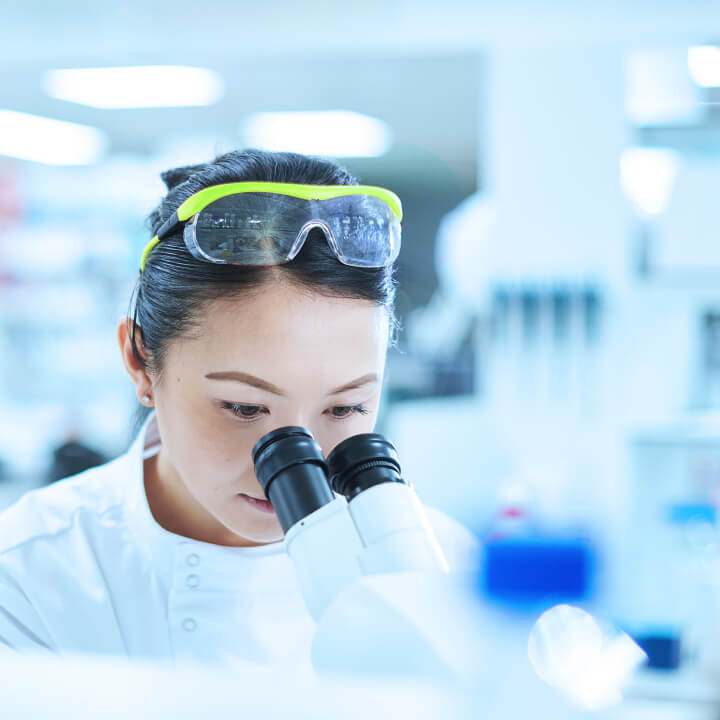Value chain sustainability
We have identified material topics to measure and report performance against. They aim to improve our focus on ESG impacts and capture expectations of stakeholders and broader external environment. Each fall under the sustainability pillars of ‘Environment, Social, and Governance’. We recognise they will evolve we will adjust accordingly.

Summary of material topics
Workplace health & safety
We choose safety first, every time. If we can’t do something safely then we won’t do it. Workplace health and safety (‘WHS’) is fundamental to the success of the organisation. This commitment is upheld within our company values, under the acronym of SPARCS, to which our employees have determined Safety is paramount.
Resource recovery & circularity
Resource scarcity and regulations are driving the need for greater materials efficiency with lower energy consumption and emissions – the world needs effective recycling solutions. These benefit companies with increased revenue, market share, stronger competitive positioning, and enhanced brand value. We work to reintroduce recycled products as raw materials back into the market – reducing their environmental impact.
Critical risk management
Applying robust critical risk management ensures we achieve more defined outcomes and deliver on company ambitions. Our Board has ultimate responsibility for risk management. Critical risk reviews are conducted at minimum once per year. They involve grouping critical risks into the following categories: Compliance, Environmental, Financial, Health & Safety, IT, Market & Technology, Operation, Partner Organisations and Reputation.
GHG emissions & energy
We pioneer customer-focused solutions in the lithium-ion circular battery materials industry, leading the charge in electrification’s circular economy. We’re committed to lowering carbon footprints beyond our organisation by minimising our own environmental impact. Climate change drives our strategic focus, guiding our path toward sustainability and future business opportunities.
Sustainable products
Provision of sustainable products is one of the main objectives of our Company. Our Battery Recycling, Lithium Chemicals, and Battery Materials divisions all possess significant business advantages that allow us to have a circular economy business model and be a key contributor to society’s energy transition to renewables.
Waste & landfill
In 2023, the Battery Stewardship Council, which operates the ACCC-accredited battery stewardship scheme, estimated only about 10% of end-of-life lithium-ion batteries in Australia are made available for recycling. Most end in landfill. Our Recycling Division continues to grow its sources and volumes of lithium-ion batteries to minimise the impact on the environment.
Employee inclusion & diversity
Employee inclusion and diversity is a core component of our company value, Respect and is upheld through a combination of our Code of Conduct, company values, employee inductions, adherence to industry regulations and our companywide Diversity, Inclusion and Gender Equality Policy.
Water, wastewater & stormwater management
Lithium Australia recognises water as a scarce resource and will strive to reduce our freshwater usage and minimise wastewater. This will be achieved through efficient use of water and the recycling or repurposing of wastewater where feasible.


